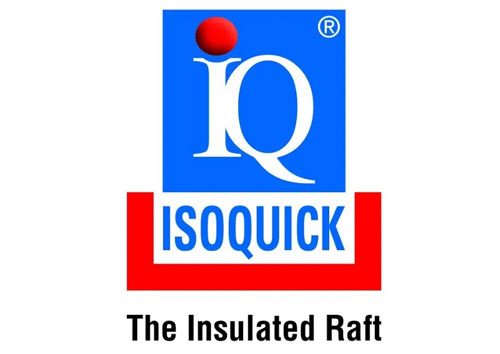Insulated Concrete Formwork Walls
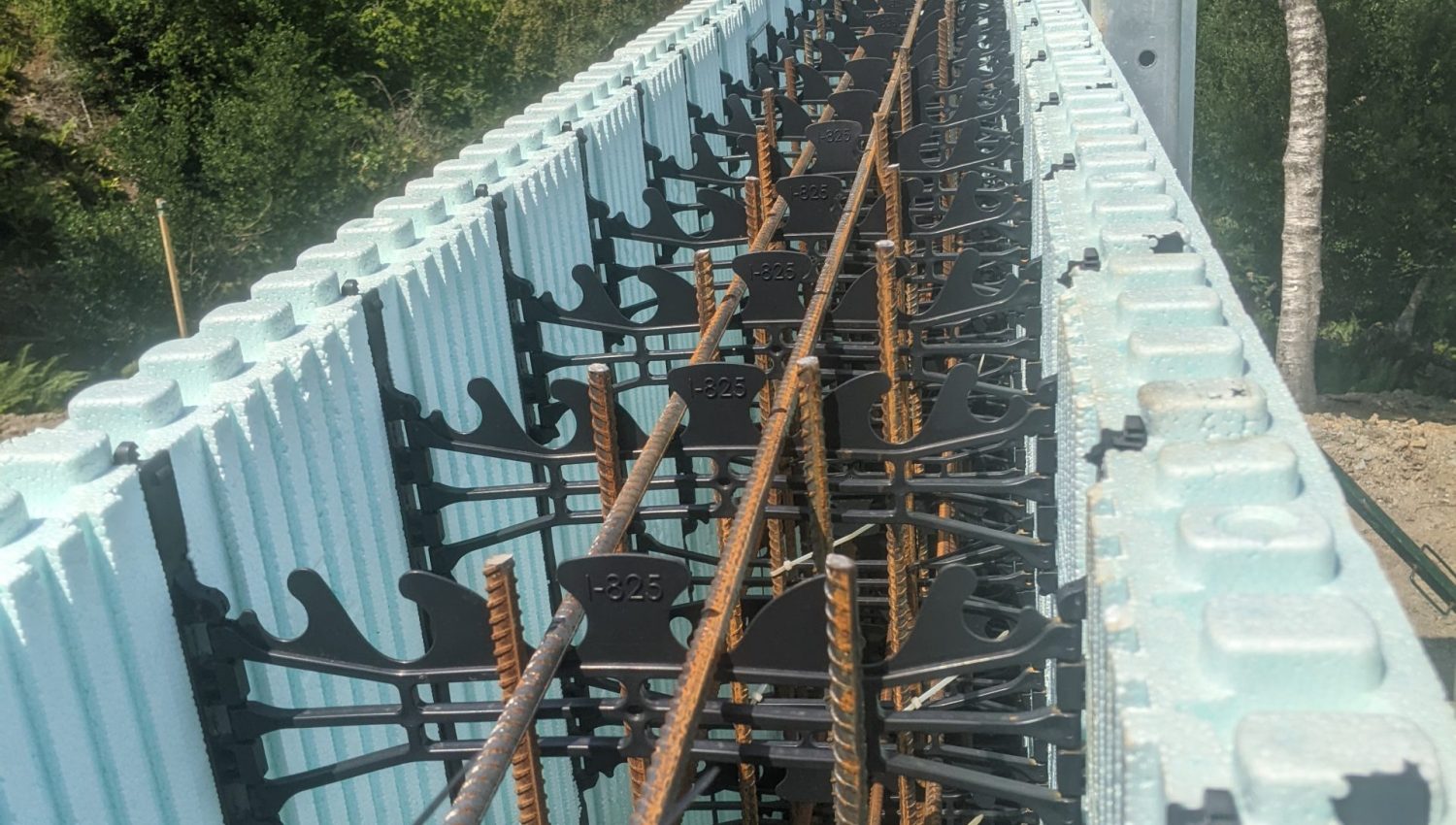
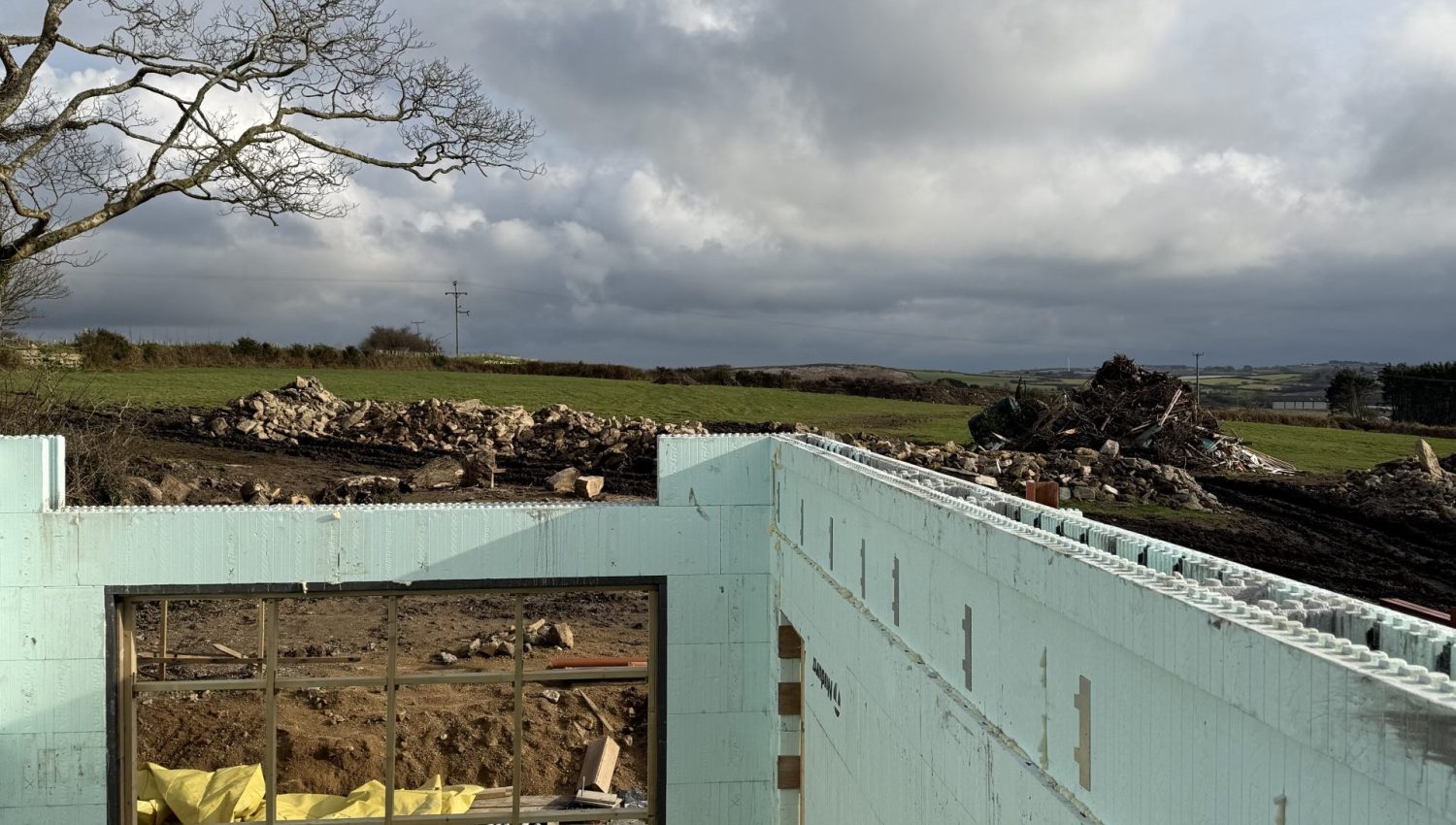
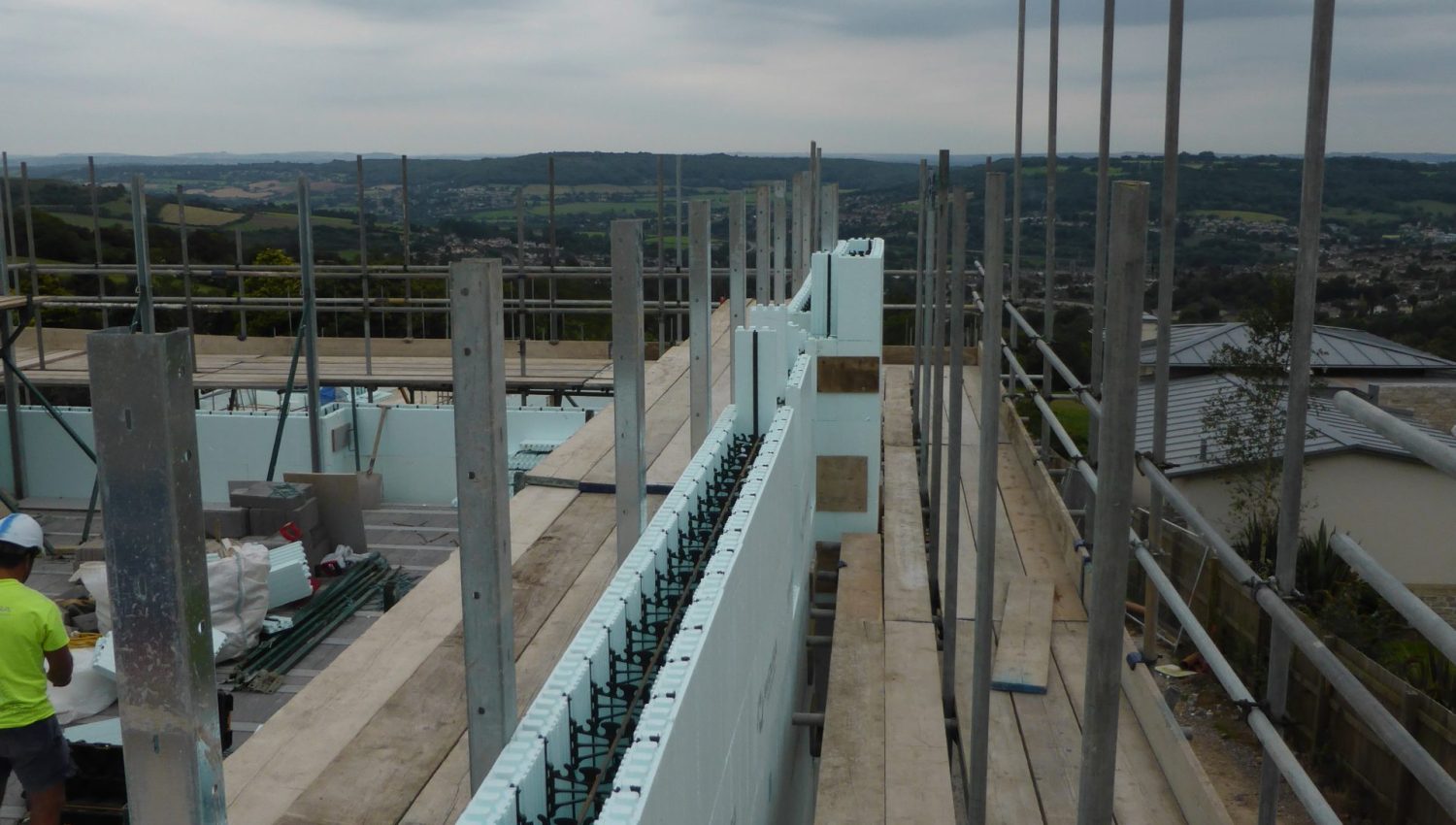
ICF Walls Cornwall
Insulated Concrete Formwork (ICF) walls combine robust structural integrity with exceptional energy efficiency, making them the ideal choice for modern construction.
ICF walls are created by pouring concrete into hollow, interlocking foam blocks that remain in place to provide continuous insulation. The result is a solid, airtight structure with superior thermal performance, reducing heating and cooling costs year-round. ICF walls are highly durable, resistant to fire, moisture, and extreme weather, ensuring longevity and low maintenance. With their soundproofing qualities and environmental benefits, ICF walls offer unmatched comfort and sustainability for residential, commercial, and industrial projects.
The concept of Insulated Concrete Formwork (ICF) dates back to the late 1940s in Europe, where early versions of insulated blocks were used to construct energy-efficient buildings. By the 1960s, ICF systems gained traction in North America, driven by a growing demand for stronger, more energy-efficient structures.< Over the decades, advances in material technology and construction techniques improved the durability, versatility, and ease of use of ICF systems. Today, ICF is recognized globally as a leading solution for sustainable construction, offering superior insulation, resilience, and long-term cost savings.
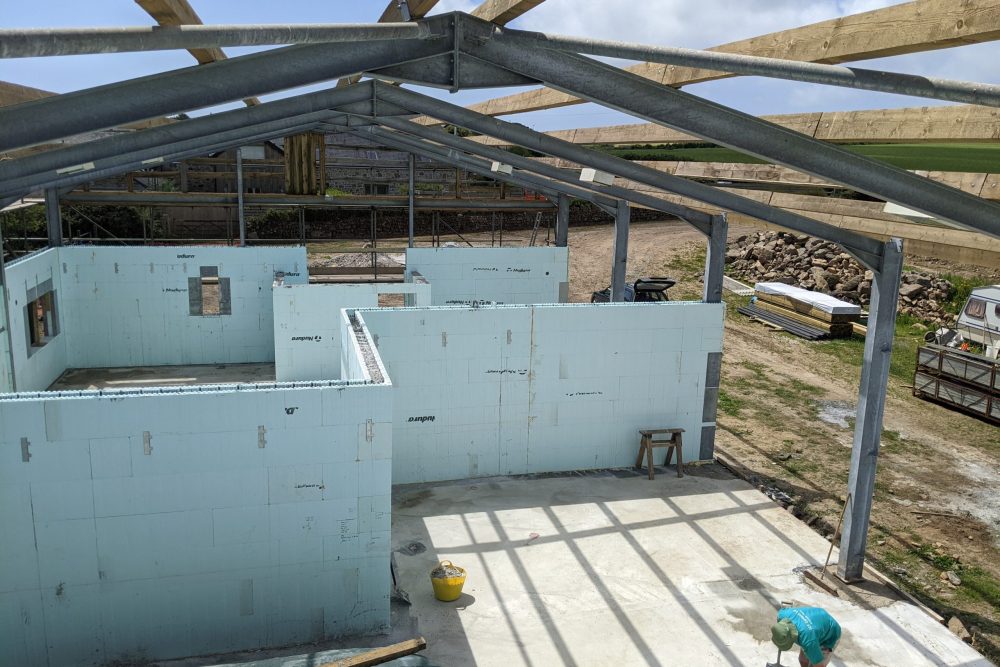
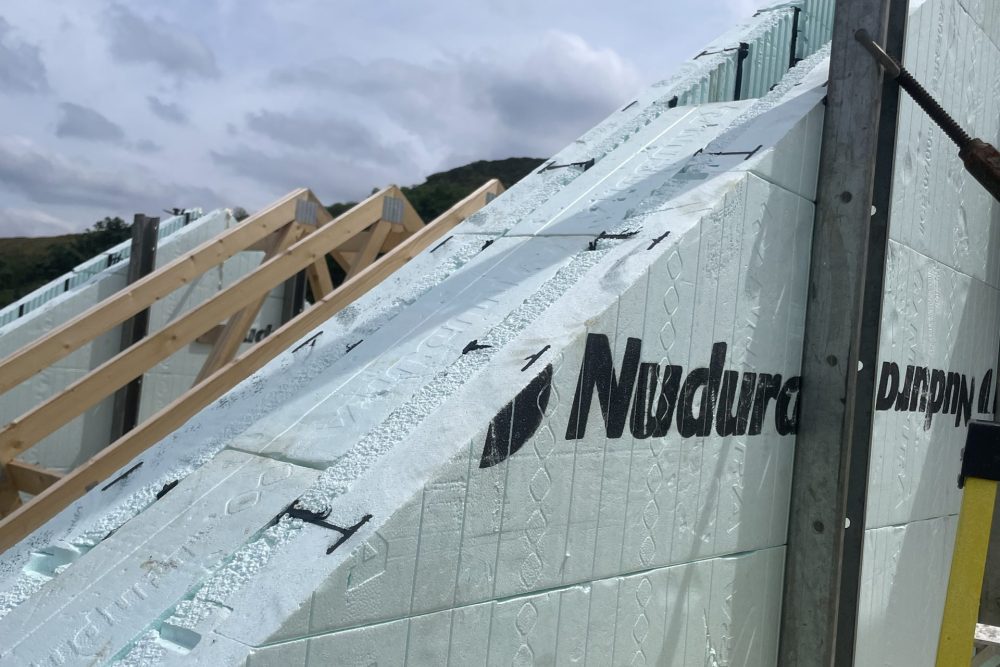
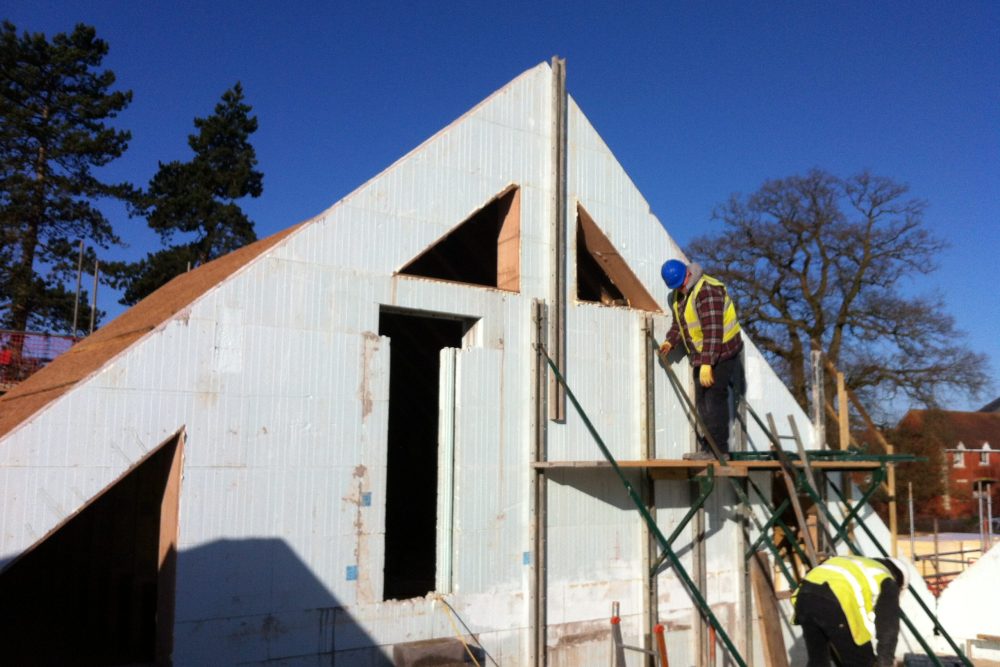
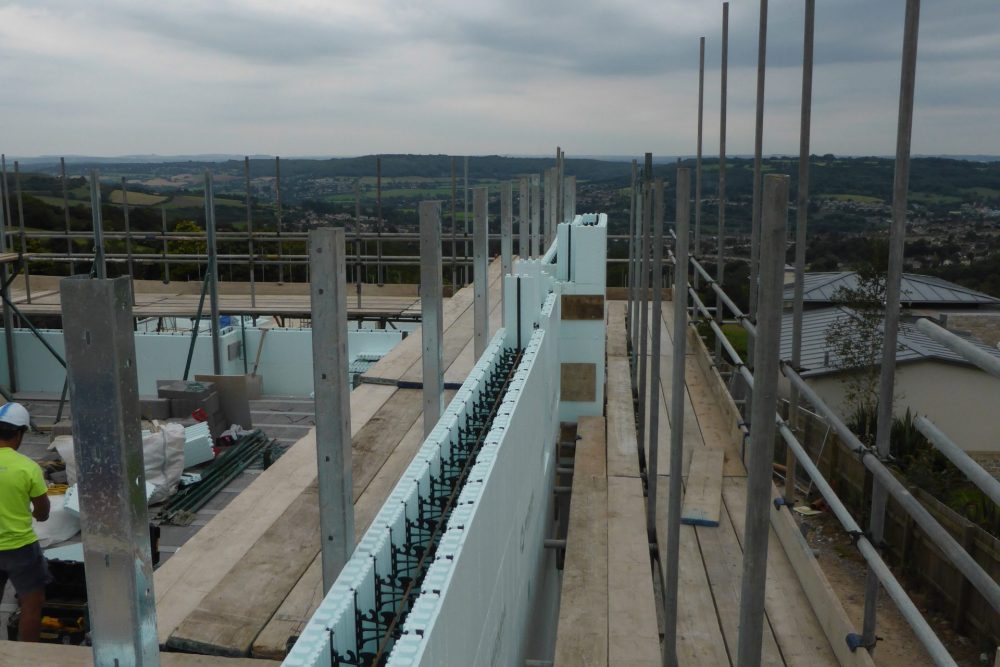
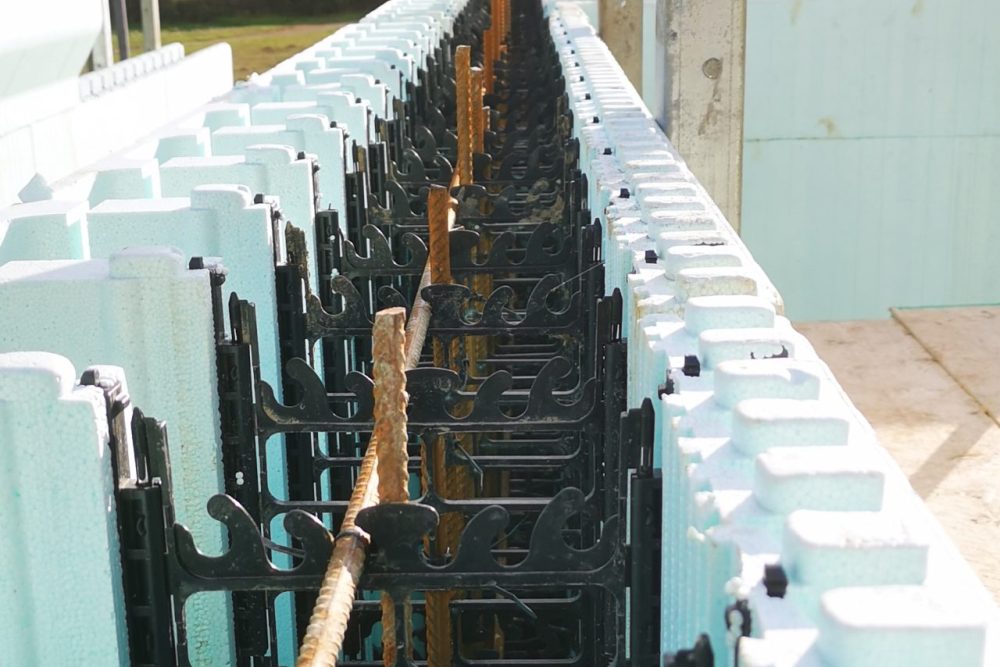
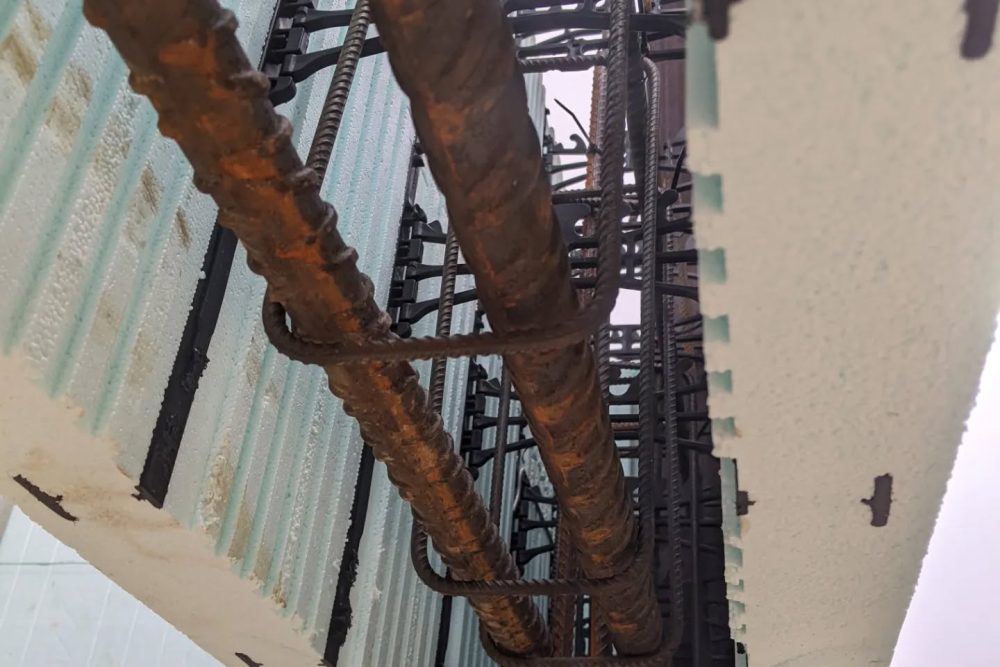
By choosing ICF walls, you invest in a building solution that delivers long-term value through reduced energy costs, enhanced durability, and a smaller environmental footprint. Whether you’re constructing a cozy home or a large commercial structure, ICF walls provide unparalleled performance and peace of mind.
ICF walls are suitable for a variety of projects, including; Residential homes, Commercial buildings, Industrial facilities as well as Schools and hospitals.
Interested in learning more about how ICF walls can benefit your next project? Our team of experts is here to provide you with personalized guidance tailored to your specific needs. Whether you’re exploring design possibilities, evaluating cost savings, or seeking sustainable building solutions, we’re ready to help you every step of the way. Contact us today to discuss your vision, explore our wide range of product options, and receive a detailed, no-obligation quote. Let us show you how ICF can transform your construction project into a modern, energy-efficient masterpiece.
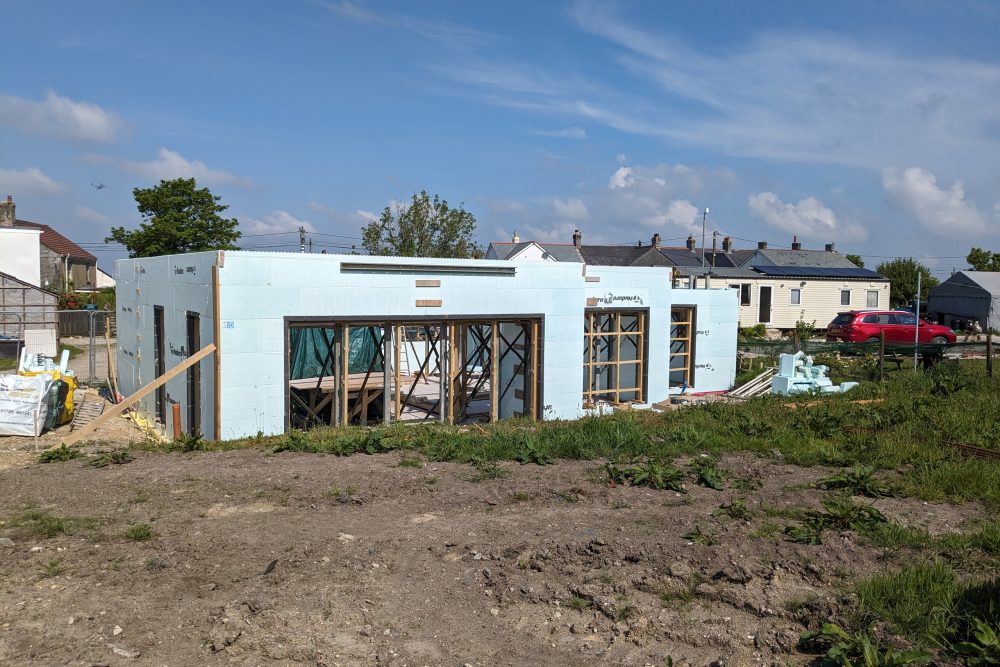
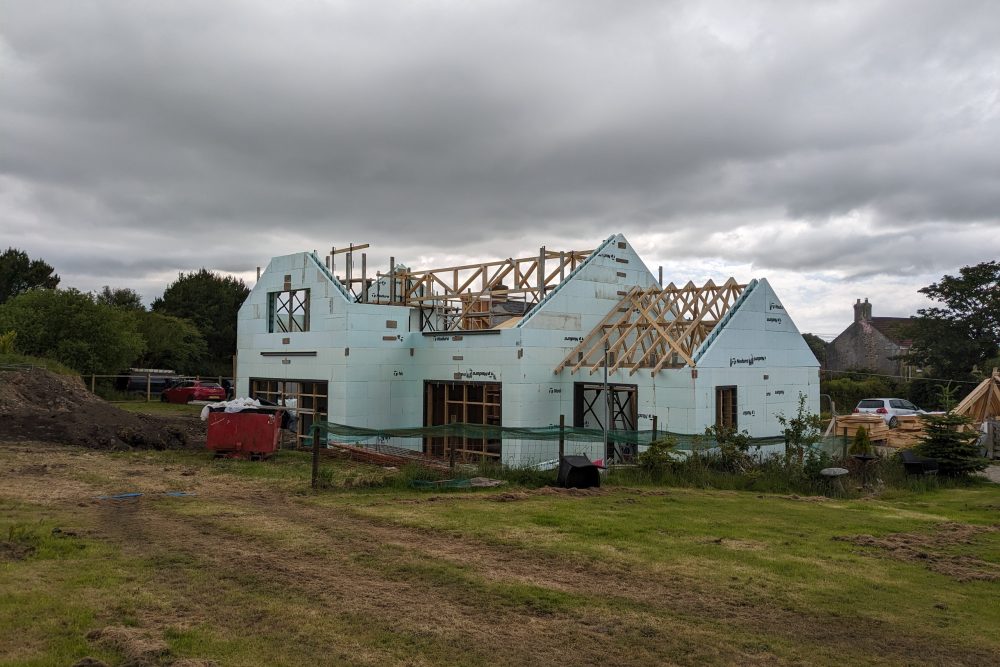
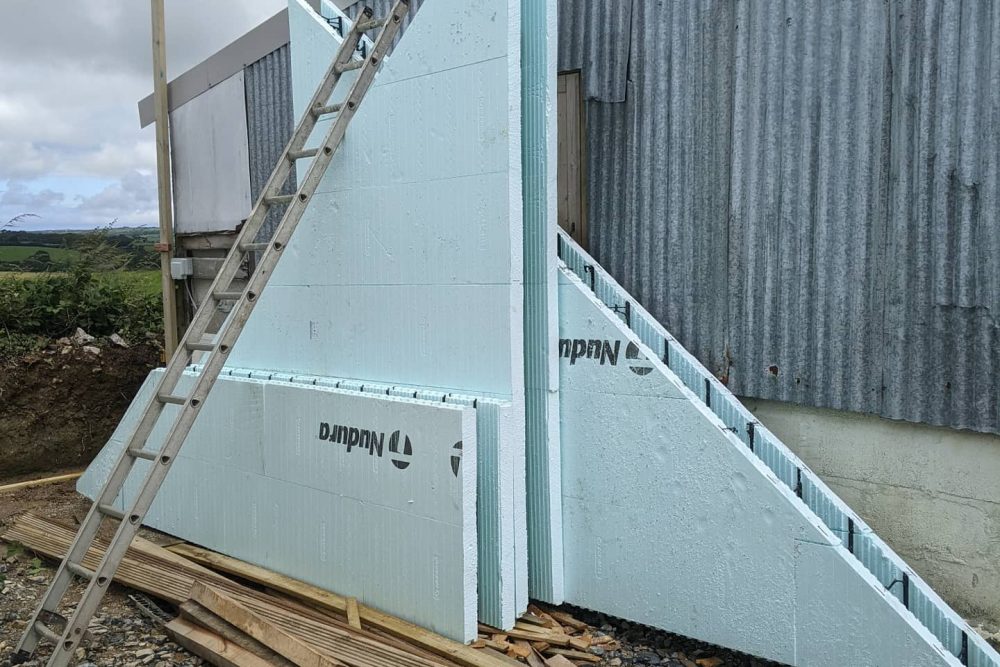
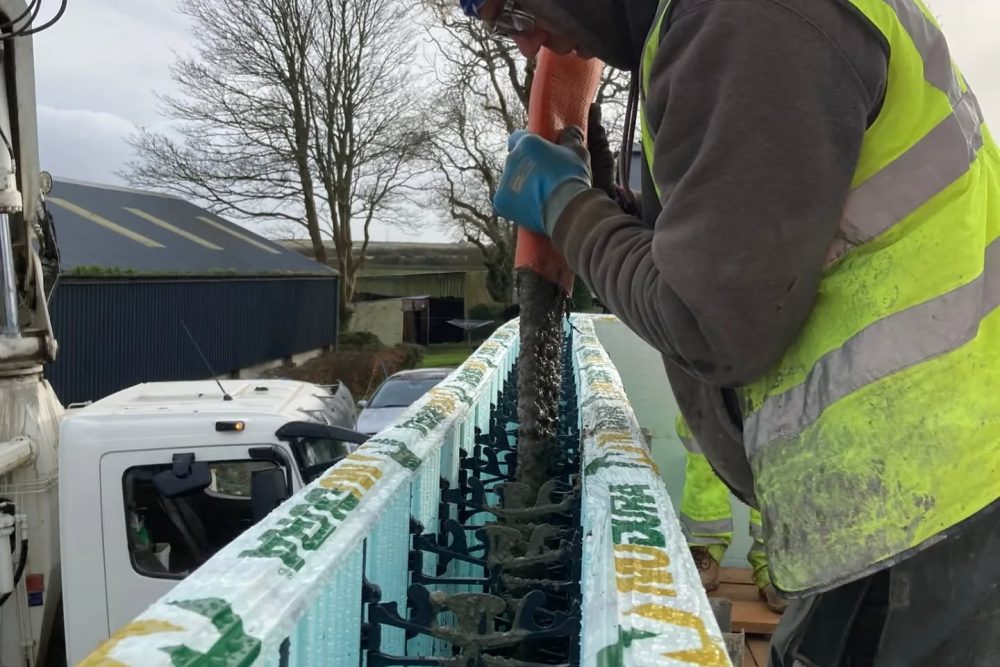
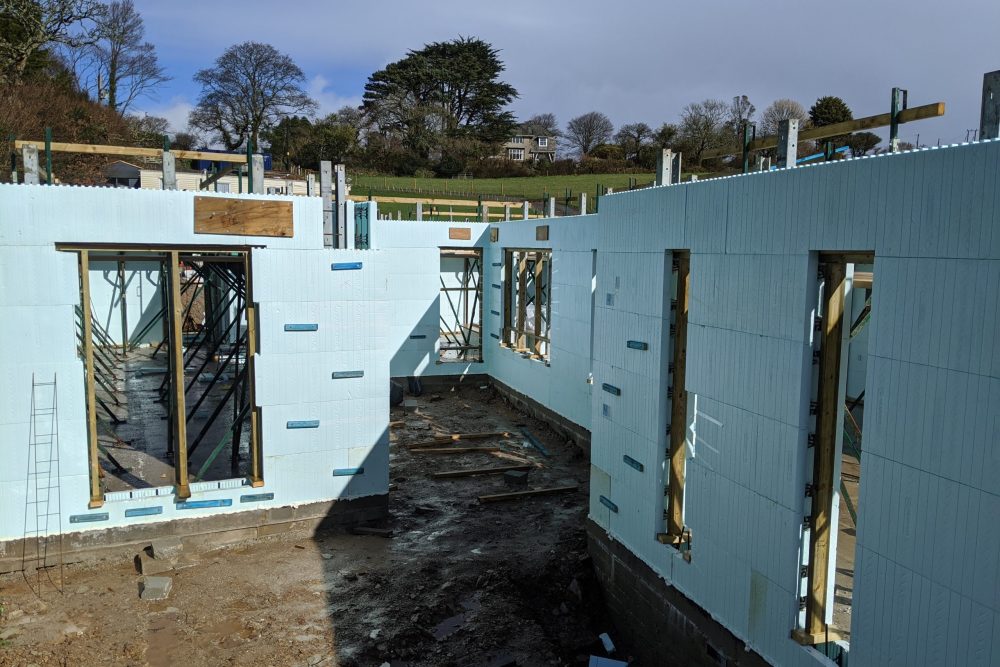
Products we supply and fit...
The follow links are to the manufacturer's of all the products that we can supply and fit. Each manufacturer has readily available technical specifications, performance values and certificates including BBA, LABC and NHBC documentation. Each site also has all the information necessary for designers, specifiers and engineers.
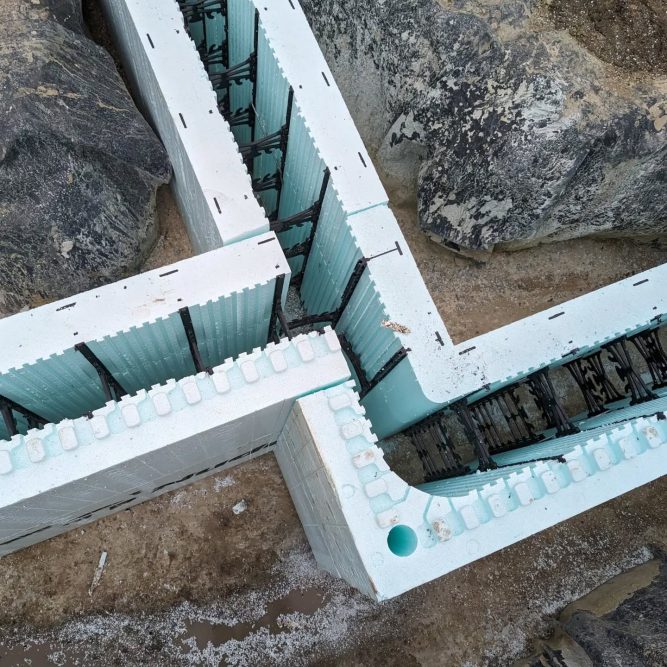
How does the cost of ICF compare to traditional construction?
The upfront cost of ICF construction is typically 5-10% higher than traditional methods. However, the long-term savings on energy, maintenance, and insurance often make it more cost-effective over time.
Are there design limitations with ICF?
ICF construction is highly versatile and supports a wide range of designs. Architects and engineers familiar with ICF can create complex, custom designs, including curved walls and multi-story buildings.
Are ICF walls fire-resistant?
Yes, ICF walls are highly fire-resistant. The concrete core provides excellent fire protection, and the foam forms used in ICF construction are treated to resist ignition and minimize flame spread. This makes ICF structures safer in fire-prone areas and can contribute to enhanced safety and lower insurance costs. When finished both sides with 12.5mm plasterboard ICF achieves a 4 hour fire rating.
Is ICF construction environmentally friendly?
Yes, ICF construction is considered environmentally friendly due to:
- Reduced energy consumption over the building’s lifetime.
- Durable materials that reduce waste.
- Compatibility with sustainable building practices like solar energy integration.
Is it as quick as they say?
It can be. The devil, as always is in the detail. Simple shapes, standard openings, straightforward design, and yes, ICF can almost rival kit homes in terms of hours required.
Does a project need to be designed using ICF unit sizes?
Categorically, no. There are obviously benefits from using a designer who has extensive ICF experience but the quality of the end product and the volume of waste created are wholly the responsibility of the contractor
ICF is advertised as ideal for the self builder. It must be easy?
“The simple things you see are all complicated” The Who
To any genuine self builder, we advise that they seek confirmation from any insurer, lender or warranty provider involved with the project that undertaking an ICF build as a DIY project meets their requirements. All of our employees are trained by product suppliers and have nationally recognised qualifications relating directly to ICF. We are also backed by appropriate insurance.




